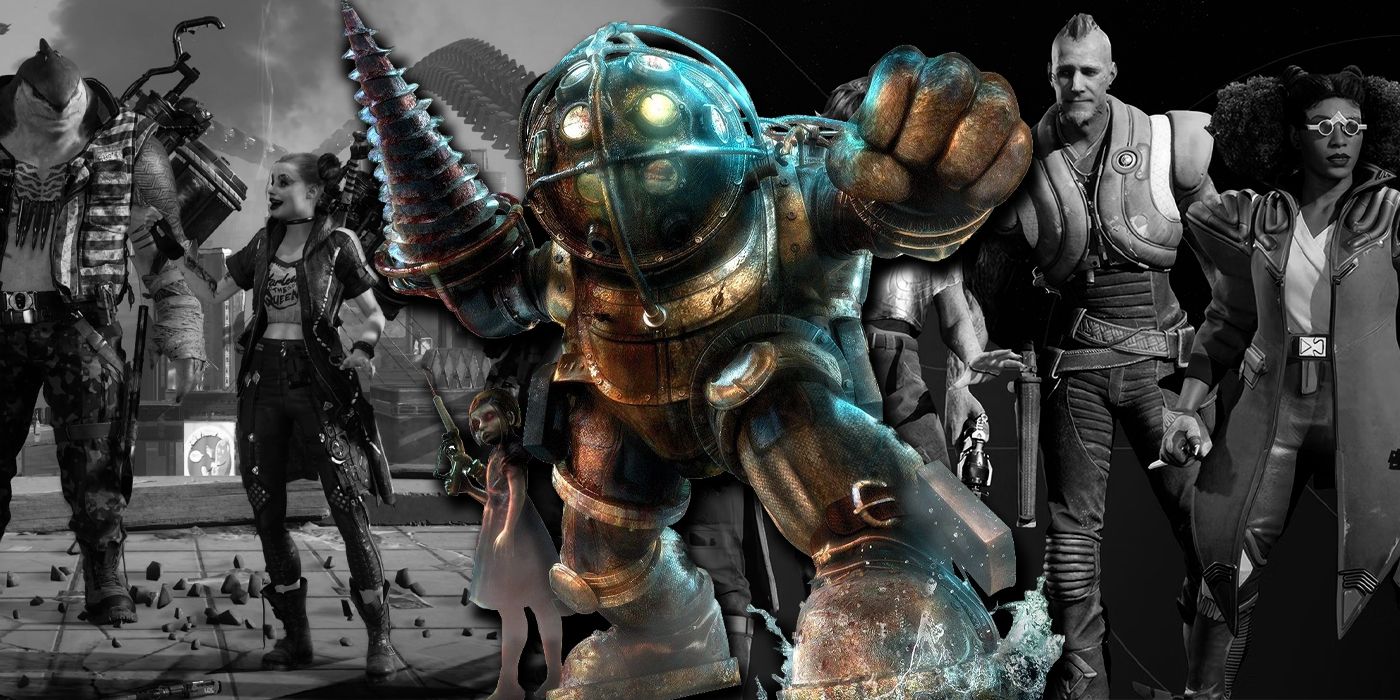
In recent years, the development costs for creating video games have skyrocketed, with even the simplest textures and environments costing thousands of dollars. At some point, these costs pile up, and before the developer has a chance even to have a playable version on the market, the costs of the game are rapidly approaching hundreds of millions of dollars. Because of this issue, Ken Levine believes that AAA gaming has stalled out recently; developers are too afraid to innovate, and the creative spark these companies once had is now long gone.
The Peak of AAA Gaming Was Not That Long Ago
The Late 2000s and Early 2010s Graced Players With Phenomenal Experiences
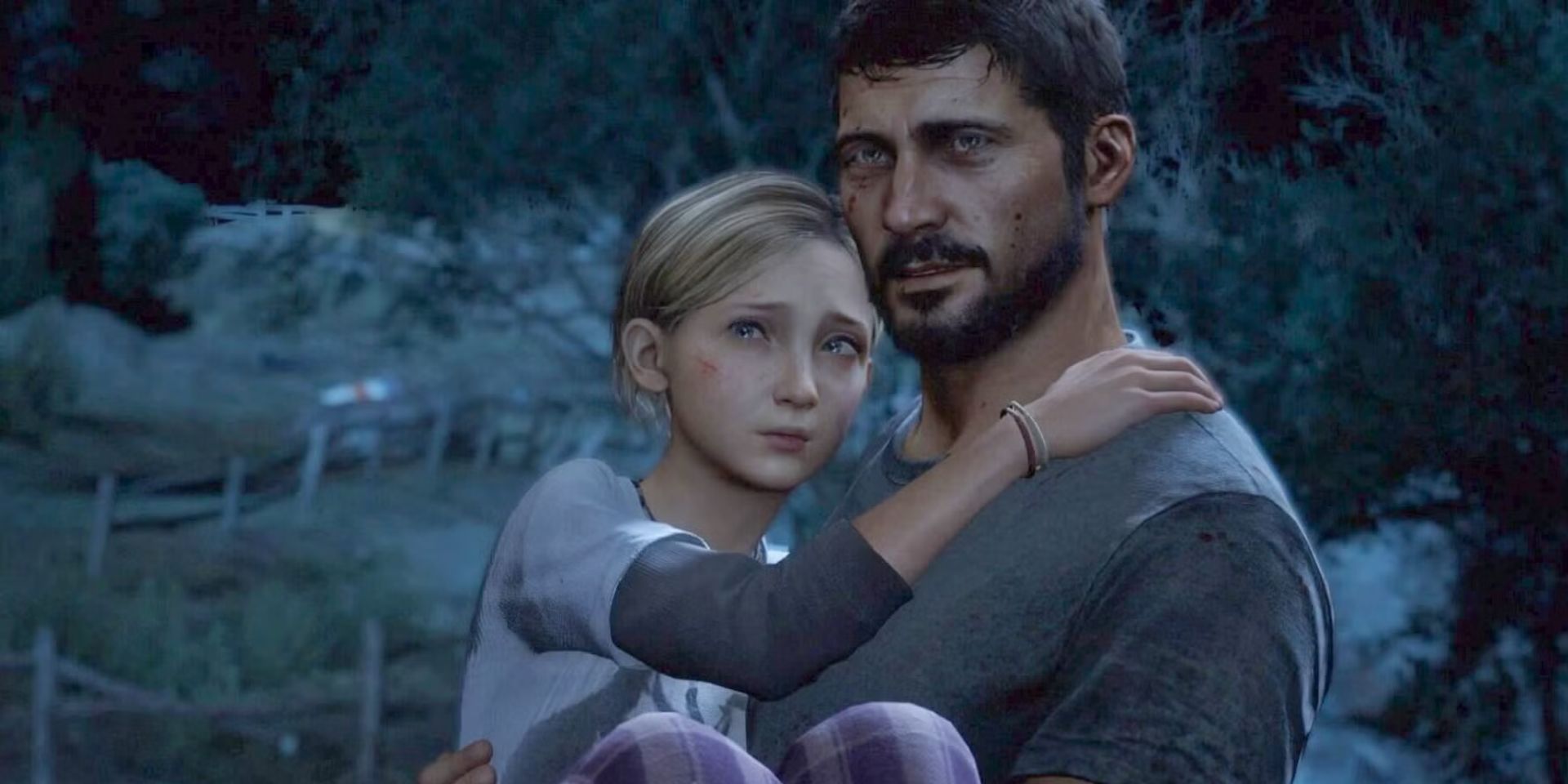

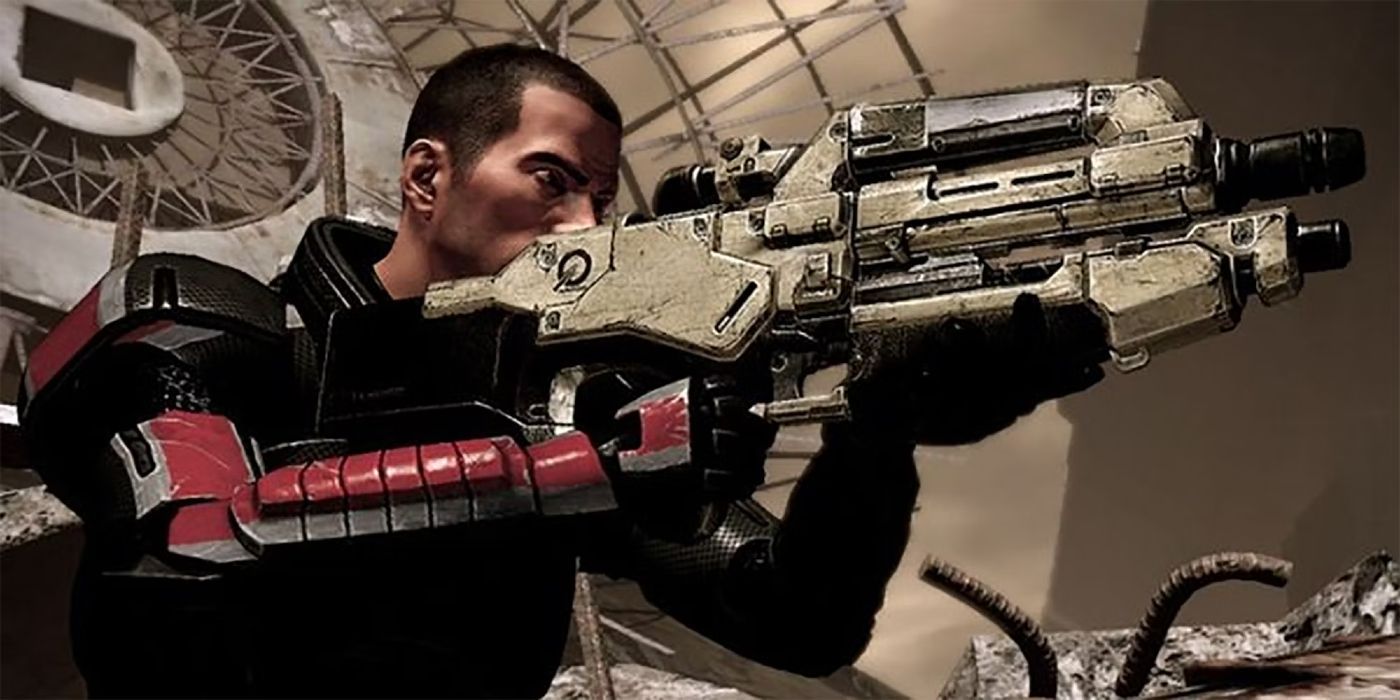
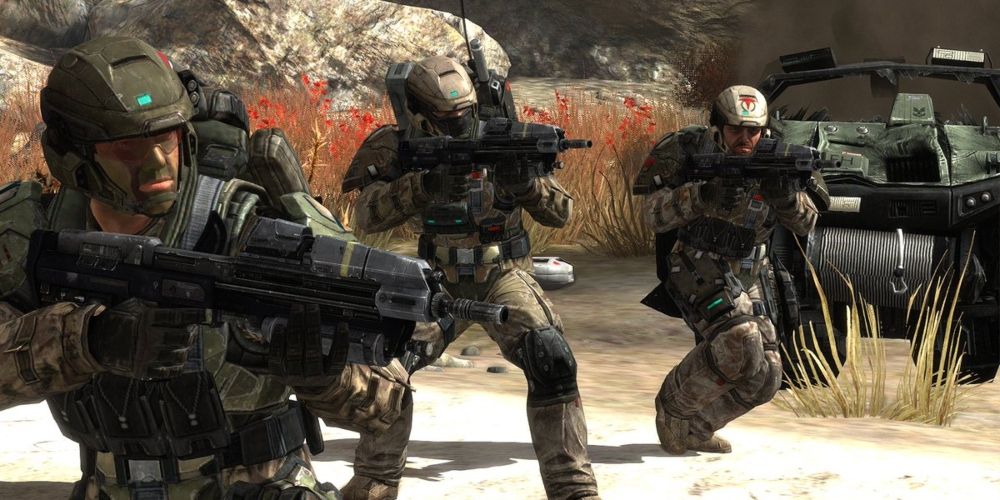




AAA gaming is a vast market that often does not settle on one genre at a time; instead, it decides to cater to gamers with different interests so that developers can keep satisfaction high while turning enough profit to keep studio lights on. Modern developers routinely focus on what is popular, with live service titles like Fortnite and Valorant dominating the market and garnering millions of dollars in profit yearly through microtransactions for cosmetic items.
Before microtransactions took over the gaming space, the industry was significantly more varied, as it could not afford to put all of its eggs into one basket because player preferences changed so often. This led to the late 2000s and early 2010s being the peak of AAA gaming, and single-player experiences today often struggle to recapture this era. There may be exceptions to this, but most AAA gaming can be boiled down to what is popular, which causes the industry to be caught in a loop of hundreds of repetitive titles that don’t explore new ideas.
There were still popular trends at the height of AAA gaming’s dominance, but developers were more committed to creating stellar experiences outside the box instead of fixing flaws with their games with a surplus of microtransactions. Companies like Ubisoft are struggling through some of the worst points in their history currently, but that was not always the case.
Stealth games were a niche idea in the 2000s, with only Konami and the Metal Gear franchise building their identity around these mechanics, but Ubisoft made these ideas their own and created the Assassin’s Creed series. Unfortunately, the mid-2010s did not go well for Ubisoft’s flagship series, and they had to adapt to modern-day open-world trends. Eventually, fans wanted the old format back, thus trapping Ubisoft in a box; they wanted to move forward with new ideas and expansive worlds, but fans did not want to move on from what was popular.
These problems were not exclusive to Ubisoft, but other developers avoided them by telling engrossing stories that allowed the gameplay to support them rather than the other way around, thus creating enriching experiences for all players. Developers like Naughty Dog (The Last of Us) and Bioware (Mass Effect) avoided following trends; in an ironic twist of fate, this made these developers more successful because these unique games made players want to come back for more. Unfortunately, it seems like modern gaming has missed the memo and left its successes in the past in favor of trying to win a popularity contest.
Overall, the peak of AAA gaming has long passed, but that does not mean that it cannot recapture those highs. Recent games are trying to improve, but if they do not attempt to innovate, players will pivot towards indie gaming, which has experienced a phenomenal renaissance in recent years with titles like Hades and Balatro leading the way.
Former Bioshock Dev Explains What AAA Gaming Needs to Succeed
The Industry Needs to Innovate to Avoid Falling Behind
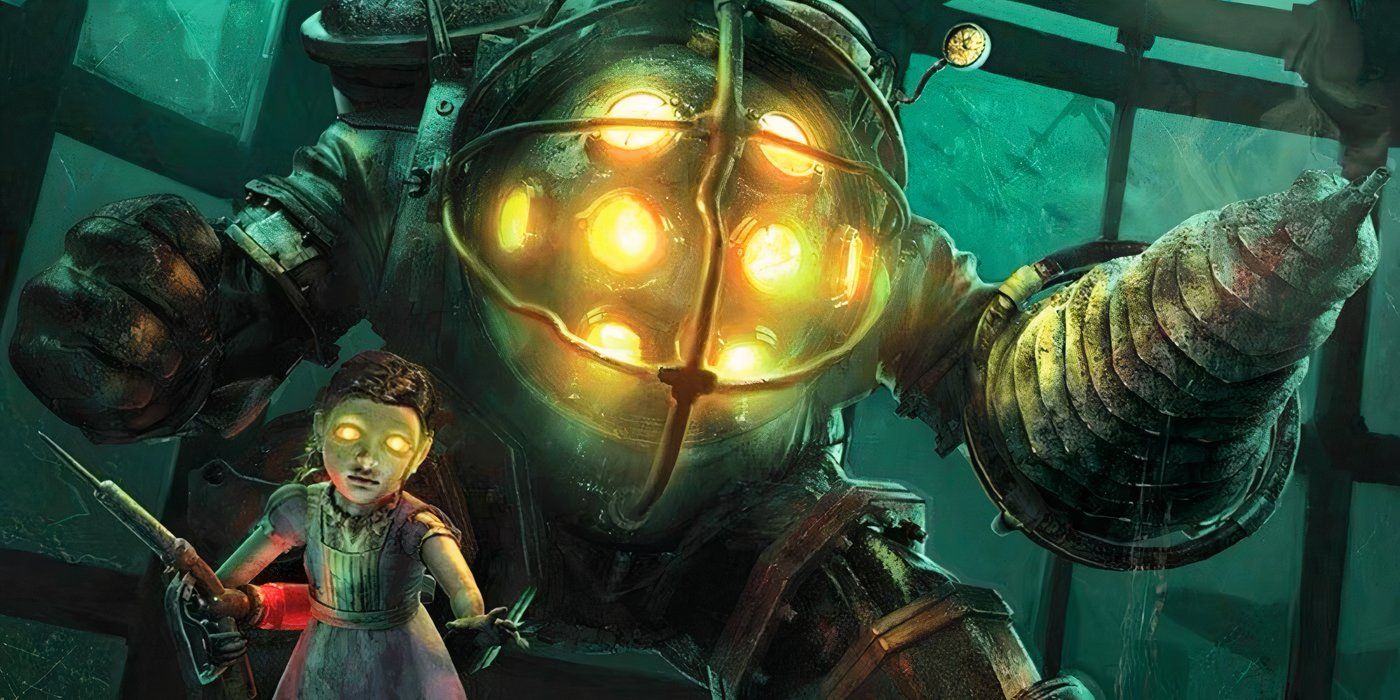
Bioshock is among the most unique AAA gaming franchises of all time, and its penchant for an eerie steampunk fantasy environment has rarely been matched in gaming history before or since its release. However, unique ideas and success, unfortunately, do not always guarantee that a studio will remain open, and this is precisely what happened to the developers of Bioshock, Irrational Games. The most recent game in the franchise, Bioshock Infinite, was released in 2013, and Irrational Studios was shut down by Take Two Interactive in 2017.
However, the studio found its footing and changed its name to Ghost Story Games shortly after before working on its next project, Judas, which is slated to be released in March 2025. Players should rest assured that the game will take inspiration from the developers’ past success stories and create new and inventive ideas, but, according to one of its lead developers, Ken Levine, the rest of the gaming industry has a long way to go before it remembers what made it intriguing years ago.
According to Levine, he is in a lucky position with his developers, as the company trusts him to take risks with his ideas while also providing a unique experience to the player, regardless of how long it takes to create the game. Unfortunately, AAA gaming has been far too demanding of its creative teams lately, as the industry complains about low sales figures, even if the numbers are reasonable. The nature of the gaming industry has skewed towards increased profit lately, which is great for shareholders but can be detrimental for players, as prices for cosmetic items in free-to-play games skyrocket (e.g. League of Legends and Fortnite).
Unfortunately, single-player games have begun to do this as well, as projects often don’t release in a complete state and sometimes need excessive DLC to bring the game to a close (e.g. Final Fantasy XV). Both of these business strategies show that these companies would rather go for what is safe than surprise players with engaging content, as developers continue to rely on FOMO more as the industry evolves. These problems are precisely what Ken Levine believes has been holding back the AAA gaming scene in recent years.
The former Bioshock lead developer believes that as the size and scope of games have gone up and graphics have been placed at the forefront of the development process, taking risks has taken a backseat as teams want to make sure that the safe project they have does just enough to sell well. Because the size of these games continues to grow, people become bored by a game very quickly if it does not bring anything new to the table, so some modern titles fail immediately because another game does the same thing, but with more polish. Overall, finding success in the gaming industry can be difficult, but if more companies don’t start to take risks, that success might never come.





